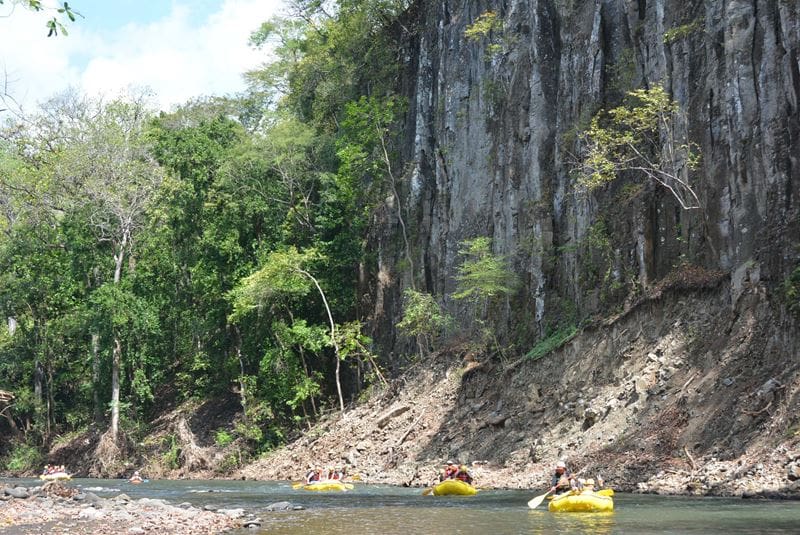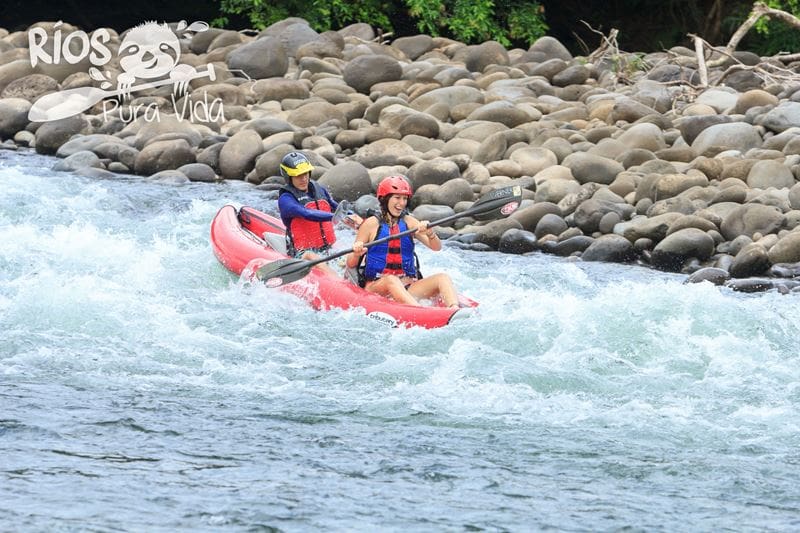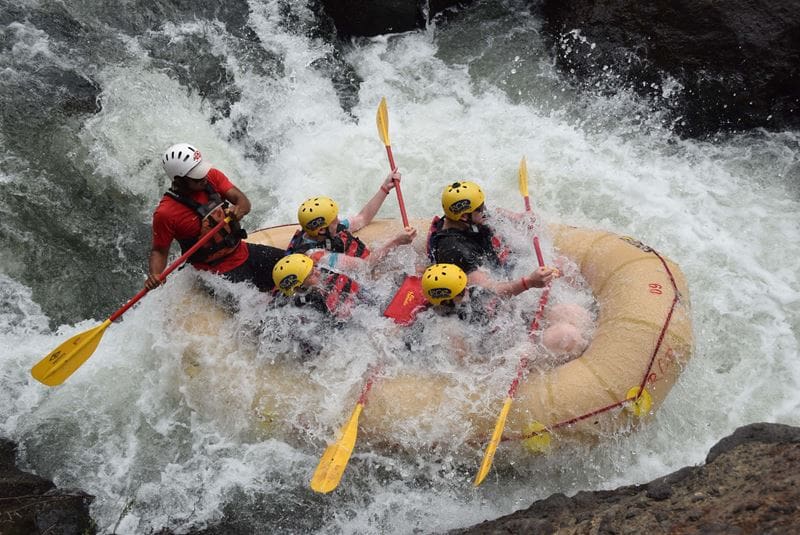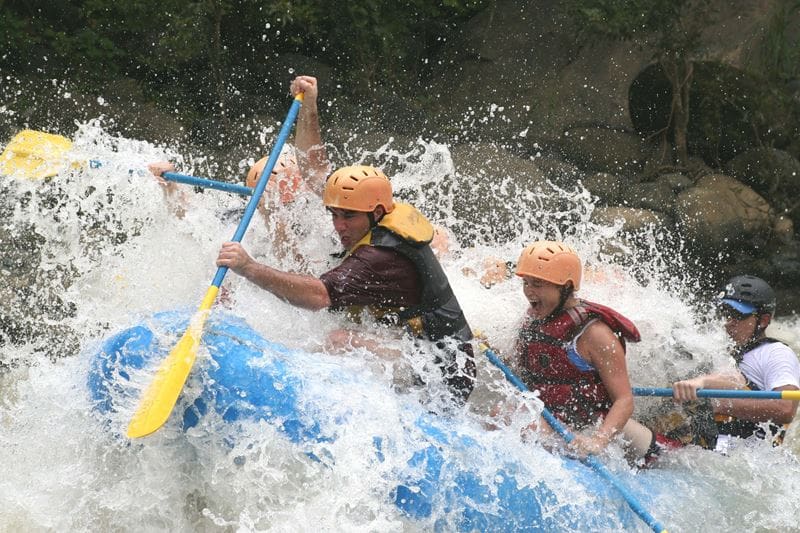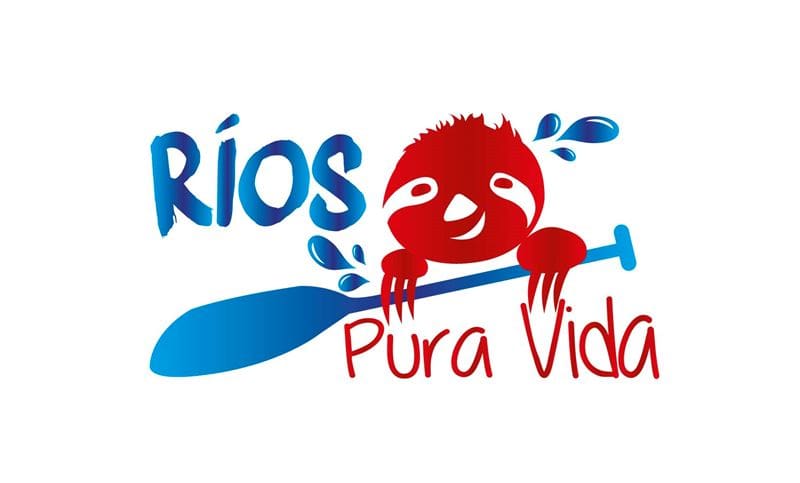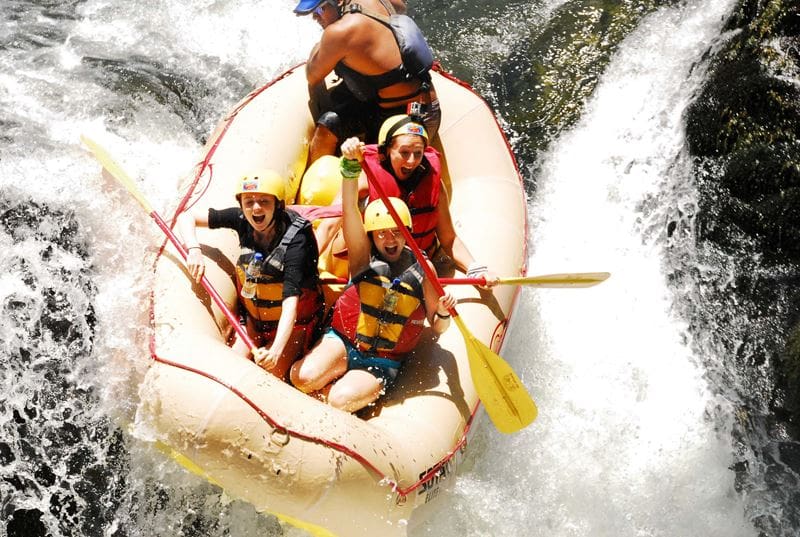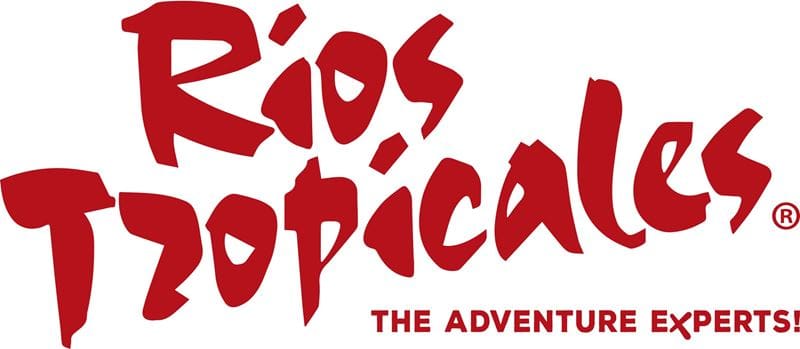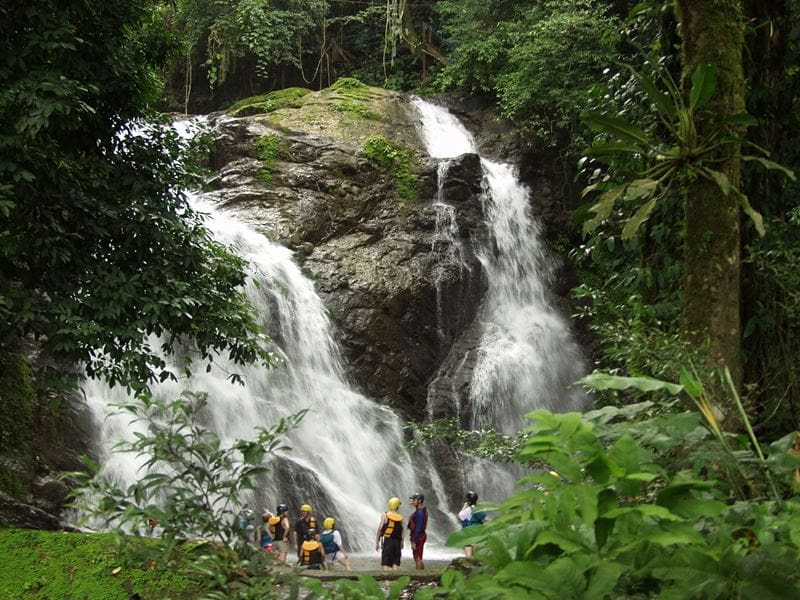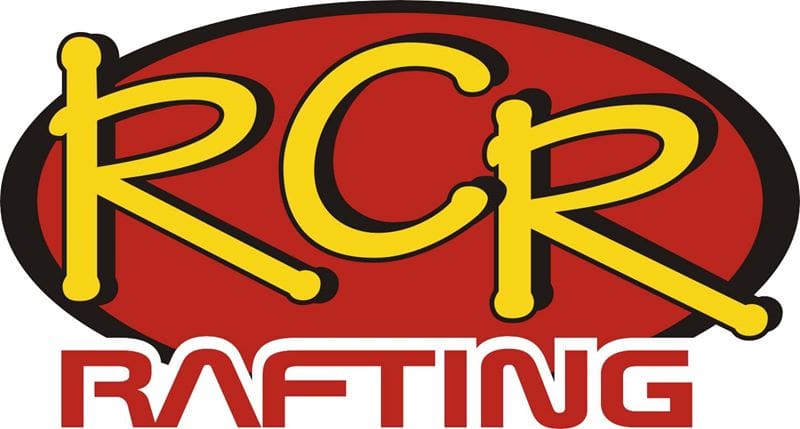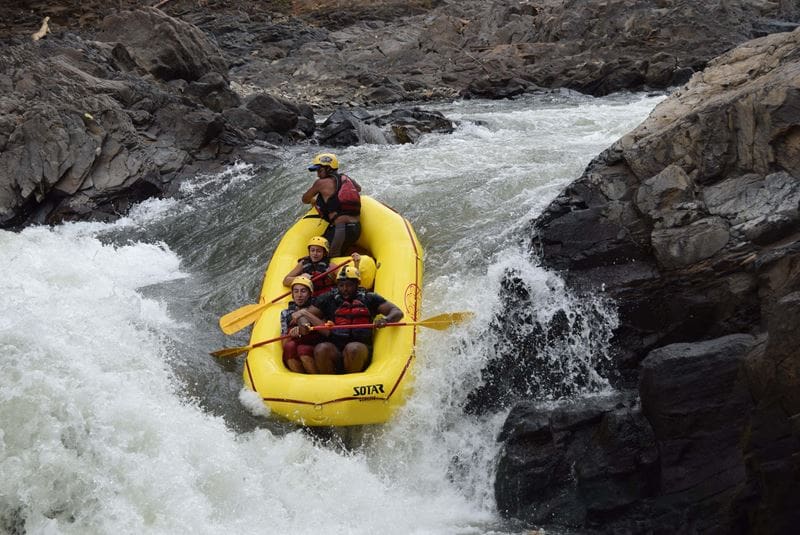
White Water Rafting in Costa Rica
“During high water, the ‘Aye, mami!’ rapids become ‘Oh, crap!’ rapids,” my guide informed me
Rafting in Costa Rica can only be somewhat of a dichotomy of an experience. There are moments when it seems like tucking into the raft is the only way to hold on for dear life. Then not too long after, going for a dip in the calmer waters seems like the best way to enjoy an idyllic rainforest complete with an orchestra of monkey howls and chirping birdsong.
Costa Rica offers a spectrum of river experiences, from the chilled out class I and II rapids to the rollercoaster inspiring river runs of classes III, IV and V.
Most tour companies suggest starting on a class III and IV trip to get the best of both worlds – the intensity of paddling furiously through rapids with the reprieves of still water swims.
For some, the ability to go from crouching down into a raft to getting back up and paddling again may be a bit much on the knees and unsafe for little kids. River floats along class I and II sections are then great alternatives. Spotting caimans, sloths, and tropical birds become a bit of a sport with easy winners.
However, if the adrenaline fix still hasn’t been met after a class III and IV, then there are few ways to up the intensity. Multi-day rafting packages offer class V rapid sections which require alertness and readiness to paddle hard during more challenging rapids.
Alternatively, with prior kayaking experience, you can select an inflatable two-person kayak called a ducky for class II and III rapids. With a guide either at the back of the kayak or on a separate safety kayak, this is a sure way of feeling more in tune with the river.
CENTRAL PACIFIC
Ríos Naranjo & Savegre
Outfitter: Amigos del Rio Rafting – www.amigosdelrio.net
Further south on the Pacific coast is Manuel Antonio, renowned for its beaches and lush national park. From Manuel Antonio and Quepos, you can try out up to three different river sections. The class III on the Savegre packs several hidden waterfalls, and on the Naranjo sections, you can advance from class III/IV to IV/V. After a couple of days on the water, you can top up with Amigos del Rio’s sister company ADR Adventure, an adventure combo park.
Green season: June – October
Rapids become more challenging with swift moving water.
NORTHERN LOWLANDS
Río Sarapiquí
Outfitter: Ríos Pura Vida – www.riospuravida.com
Between the hot springs in La Fortuna and the reggae vibes of the Caribbean coastlines lies Rio Sarapíquí. Rafting Sarapiquí is a good excuse to explore an area of Costa Rica that sometimes is bypassed by typical travel itineraries. The class III and IV trips begin in the kayaker’s town of La Virgin.
Paddling along river banks full with green ferns, you are almost guaranteed to enjoy the water from all sides in the warm drizzle of rain. With the guidance of the Ríos Pura Vida guides, the class II and III sections are ideal for trying out a duckie if you’re looking for a more challenging river experience.
Dry season: Feb-April
With water levels semi-controlled by a dam, this river is great to paddle all year round.
CENTRAL VALLEY
Río Pacuare
Outfitter: Ríos Pura Vida; Río Tropicales – www.riostropicales.com
The big granddaddy of all rivers is Río Pacuare, accessed from the Turrialba area a couple of hours south of San Jose. The 29km long lower section flows down to the Caribbean village of Siquirres. The Pacuare River ranks as one of the top five best rafting rivers in the world, not just for its incredible class IV/V rapids but its sheer beauty and expansiveness.
As the whitewater rafting mecca of Costa Rica, almost every rafting company in the country includes a trip on this majestic river. Highlights of the full day trip include a break at the Huacas waterfall and river gorge. There, the ever playful raft guides are sure to have you do silly jumps into the waterfall pools, all captured on camera for any belly flop failures.
Green season: June – October
Trips last between 4-6 hours with high rainfall resulting in swifter waters and faster tours.
GUANACASTE
Río Tenorio:
Outfitter: RCR Rafting – www.raftingguanacaste.com
When RCR Rafting began scouting rivers for commercial rafting in Guanacaste, they received a few scoffs from the local community. As the driest province in Guanacaste, having the water flow for river paddling was thought to be a challenge. Today, going down the Tenorio River is another alternative to the beach for those staying on the Costa Rica’s Pacific Gold Coast. This narrow river passes through picturesque canyons using smaller four-person rafts. The effect is a fun bumper car ride.
Green season: June – Nov
Straight through till January, the water levels rise to give thrilling rides.

